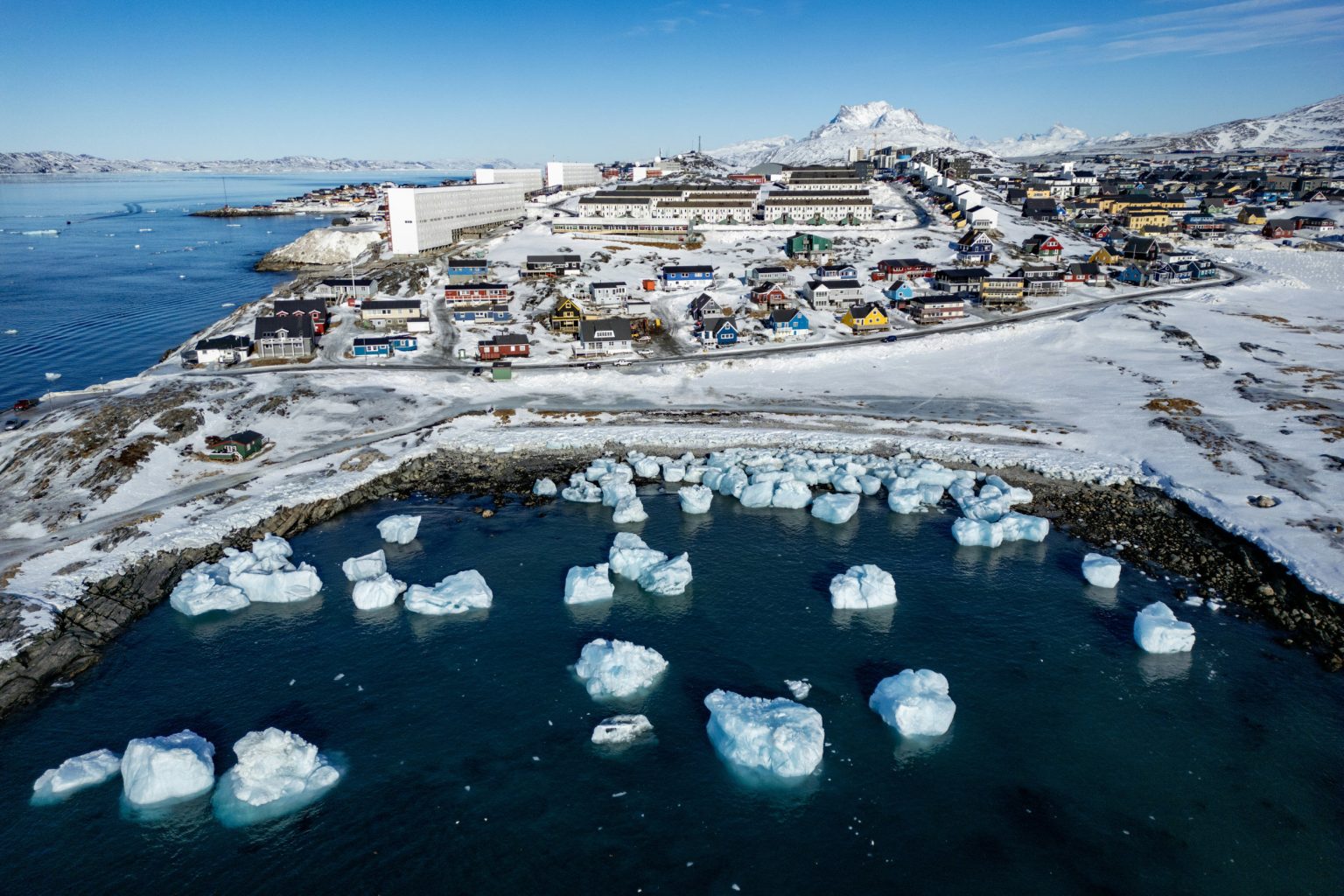Creating a sustainable and livable future for humanity remains a clear objective, yet 2025 has presented unique challenges due to the ongoing clash between nation states and climate change. The U.S. administration, within the new administration and a growing array of global political parties, has actively promoted climate deniers, which has led to significant financial and environmental risks. Carbon dioxide levels have risen to 420 parts per million, exceeding the 20% threshold established by the UN climate negotiations.
Despite these challenges, we observe the tangible progress made by cities and communities. Cities like London have implemented innovative solutions, such as the largest clean air area and a net zero target to 2030, demonstrating their commitment to a greener future. Cities such as New York and Amsterdam are also leading climate initiatives, while cities in Africa, including Nairobi and Freetown, are planting millions of trees to mitigate extreme weather.
Currently, over half of the world’s population resides in cities, and these regions generate over 80% of global GDP. Cities, as hubs of innovation and progress, are playing a pivotal role in transitioning to a cleaner, more environmentally responsible society. They are actively shifting from their carbon obligations to contributing to the renewable recovery and carbon-neutral future.
Urban areas also serve as vital networks of influence, fostering collaboration and demonstrating the power of collective action against climate change. Moving forward, cities are leading the way in promoting sustainability, with the declaration of the lives of the last Earth Day mobilizing collective energy to push for action.














